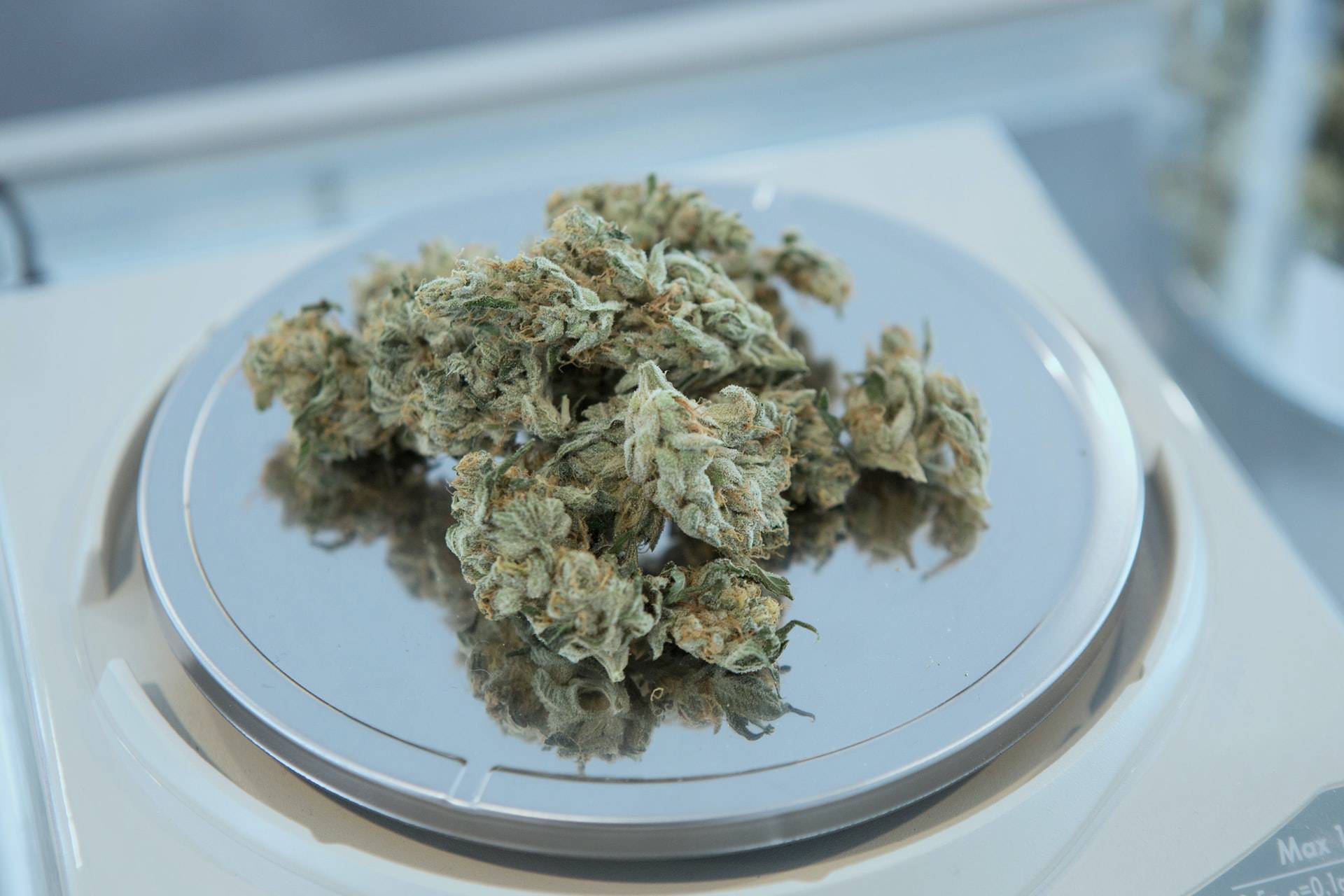If you don’t believe cannabis improves memory functions in older folks, you may be amazed by the mice in the maze.
“There’s a great study out of Germany that shows cannabis helps prevent memory loss in the older generation,” said Dr. Dave Hepburn, who was a family physician in Victoria for 30 years.
“The bottom line is the study on mice showed that the THC-impaired younger mice in a maze didn’t do as well as the older mice who had taken cannabis, Hepburn said in a telephone interview with Black Press Media from Peru.
That study on mice and cognitive decline highlights how THC boosted the genes that control memory and learning by restoring them to the same level observed in younger animals, Hepburn explained.
“I did a complete 180 on cannabis in 2016 and came to appreciate it,” he said. “The senior population benefits the most from medical cannabis.”
He has worked as an international medical cannabis consultant since.
In order to appreciate how cannabis improves a variety of conditions as people age, it’s important to understand the endocannabinoid system (ECS), Hepburn noted.
“It’s a highly pervasive system throughout our bodies that affects how our internal balance system works,” he said. Numerous parts of our body such as pain management, stress and anxiety levels, sleep patterns, weight and sugar levels are governed by ECS.
“Everyone makes natural cannabinoids,” Hepburn said. “Those neurotransmitters are responsible for many systems. As we begin to age, our ECS diminishes and everything else drops. Many symptoms of aging result from our ECS diminishing. Cannabis has a completely different effect as we age.
“That’s why cannabis aids older people by replacing their ECS. It makes a tremendous difference in many conditions like pain management, arthritis, insomnia and anxiety.”
In the U.S., research shows that states that have legalized medical cannabis have seen improvements in the overall health of older people, Hepburn said. “States with medical cannabis see a nine per cent increase in the probability of employment in people over 50, and a five per cent increase in hours worked. That’s really profound proof of how replenishing a diminishing ECS system benefits older folks’ cognitive decline and overall health.”
As a physician, Hepburn says he would never advocate smoking, but vaporizing for certain conditions like migraines or nausea provides a quick response where needed. Ingestion creates a slower, longer action that’s more beneficial in the long term without damaging the liver. Creams, oils, tinctures and salves are other options. Because salves and creams aren’t ingested, they aren’t absorbed into the system, but help with many joint and skin issues, he added.
“A lot of people say ‘I don’t want to get high, I want to get help,’” Hepburn said. “This is where topicals are most beneficial. You don’t have to get high to realize the medical benefits.”
Hepburn is quick to stress that young people should not use cannabis because they are still developing and do not reach complete physical maturity until 22 years of age.
“I strongly advise against it for average youth because of the way it affects the development of their ECS system,” he underlined.
Hepburn contributed to the Goldstream Gazette for a number of years before writing a syndicated column that has appeared in more than 100 newspapers in Canada and the U.S. He has also hosted a radio show, Wise Quacks, with his on-air partner, Dr. Robert Sealey.

